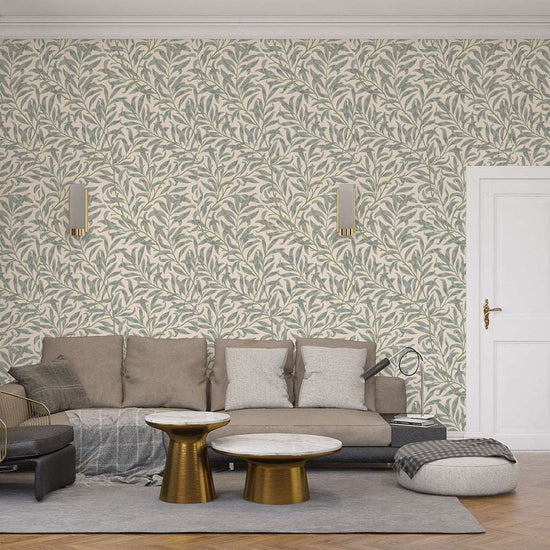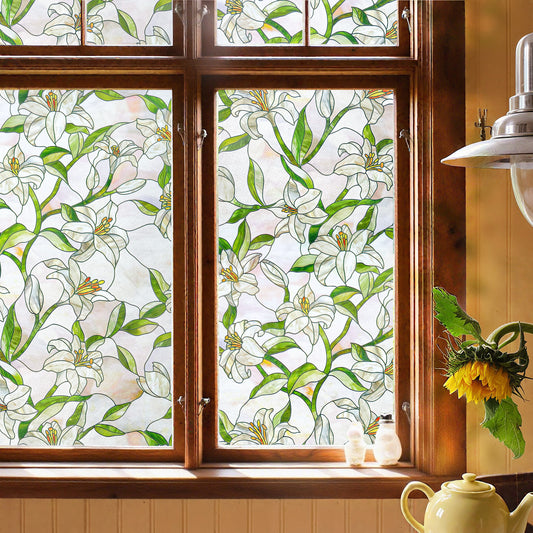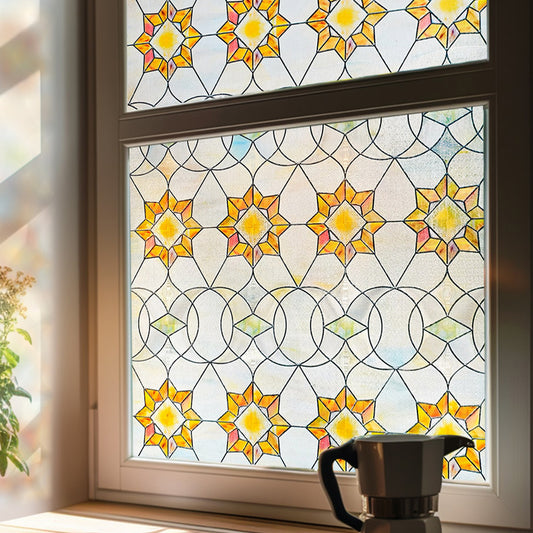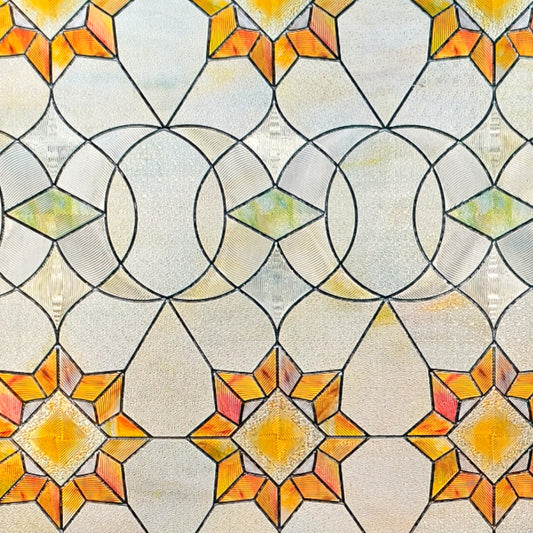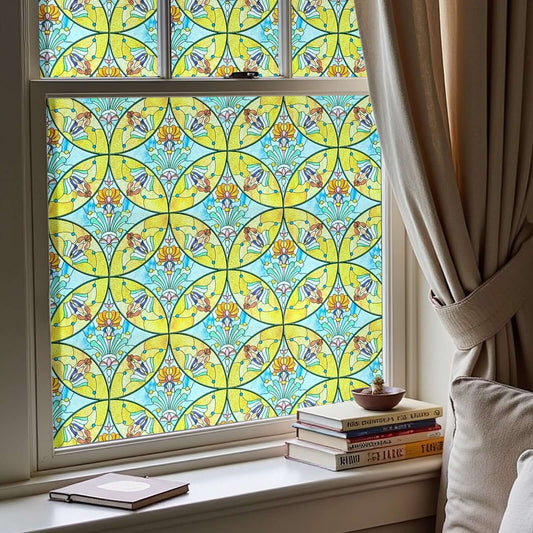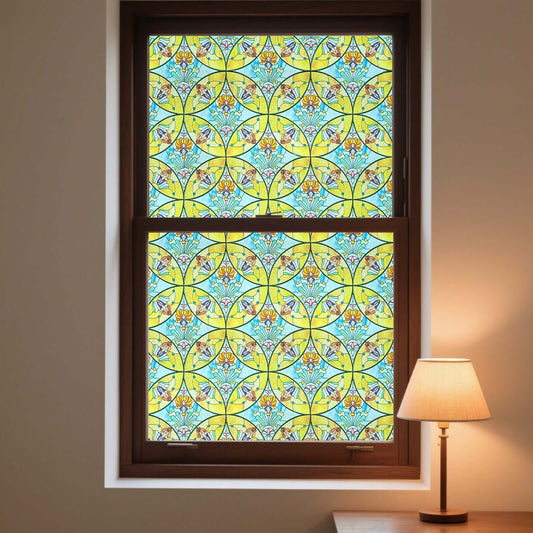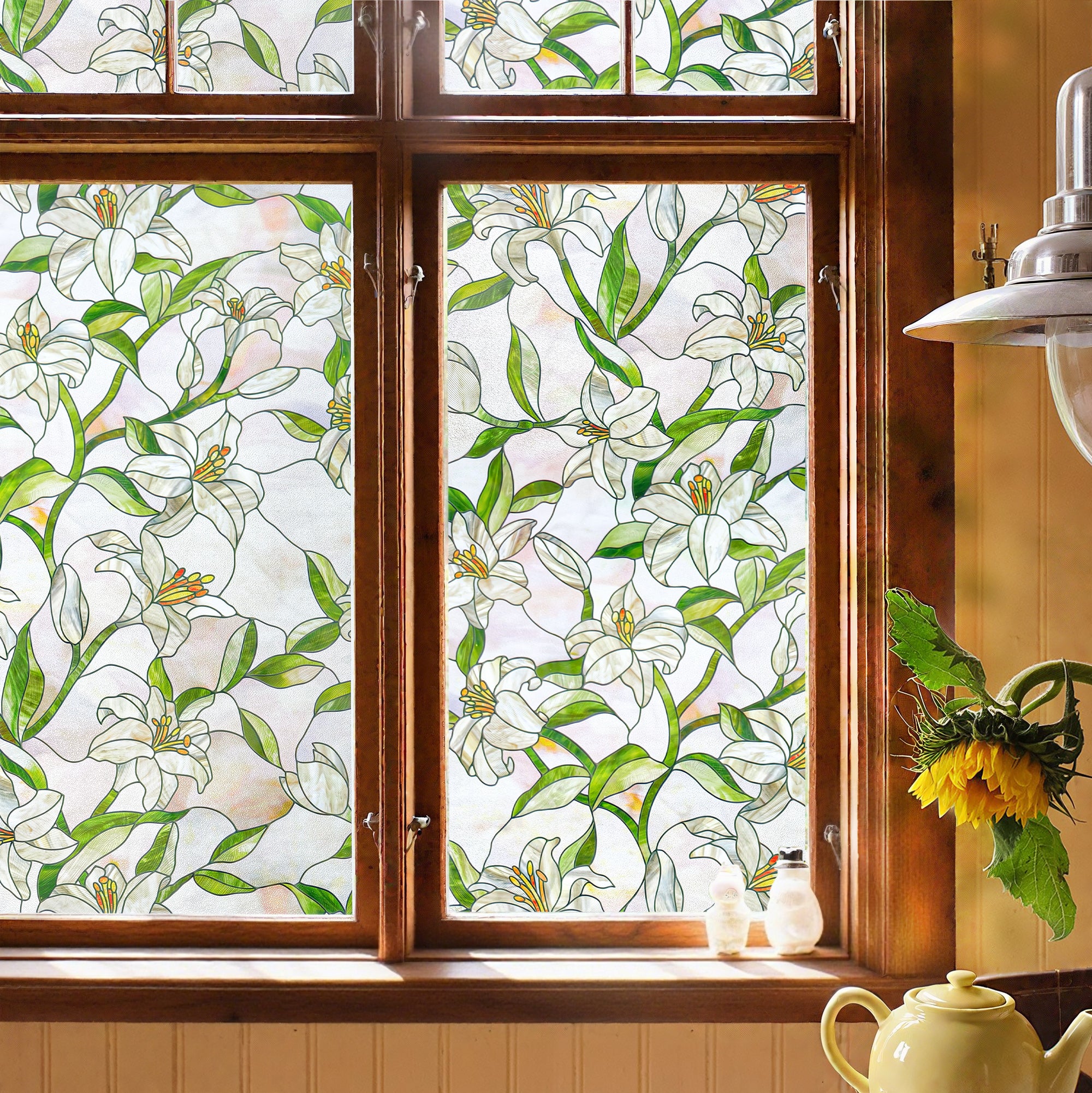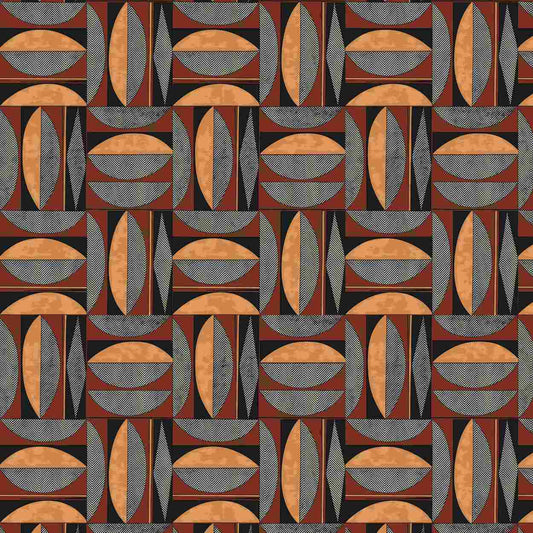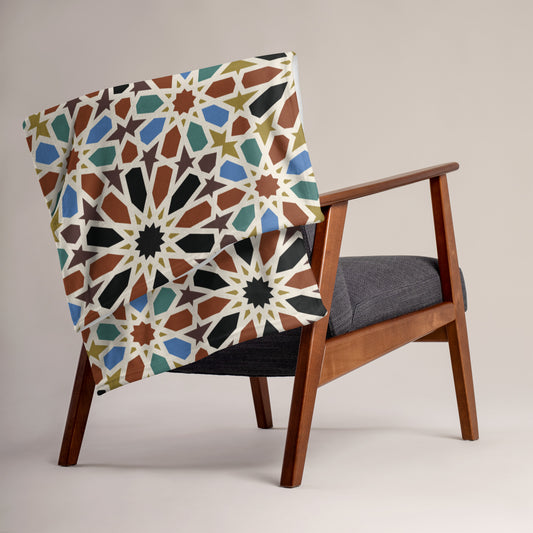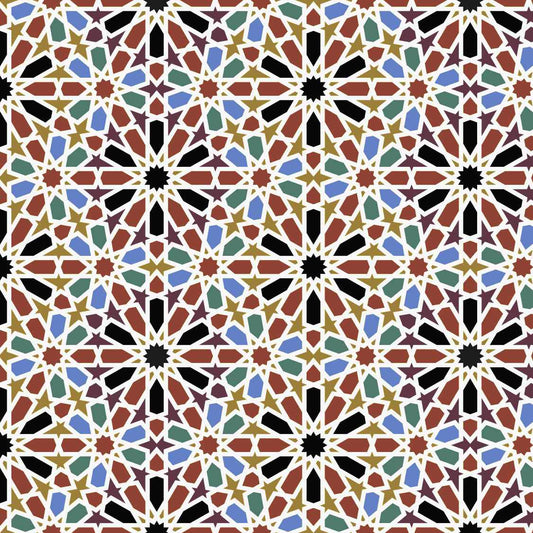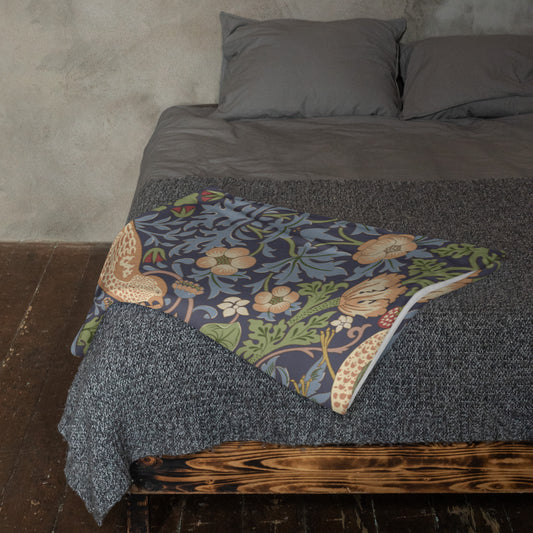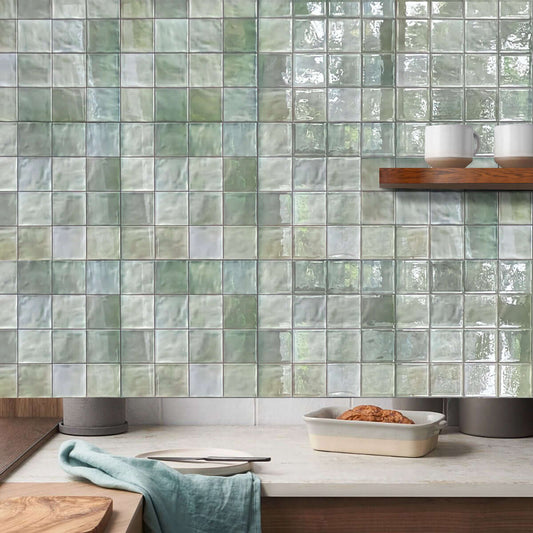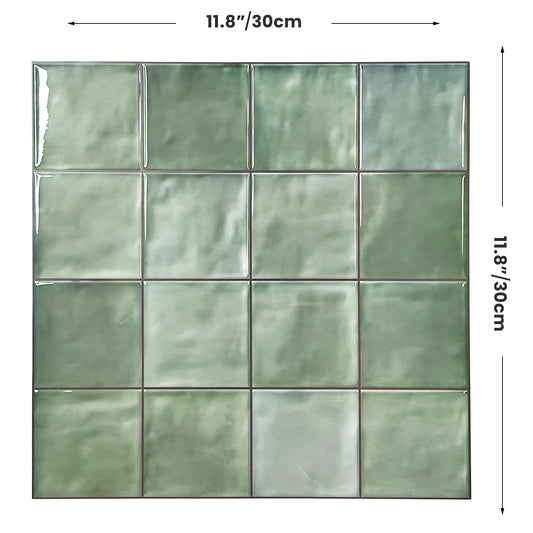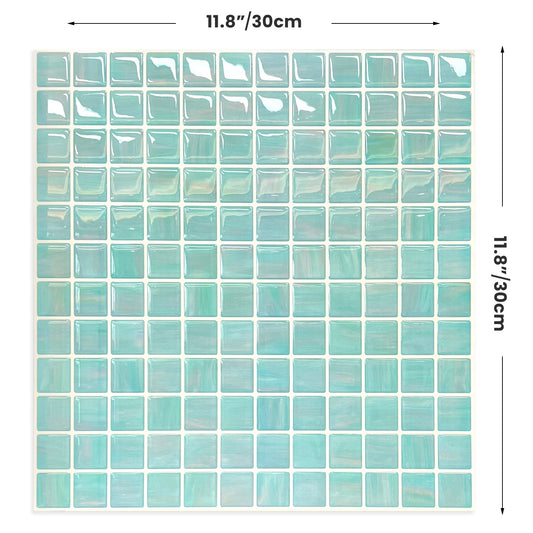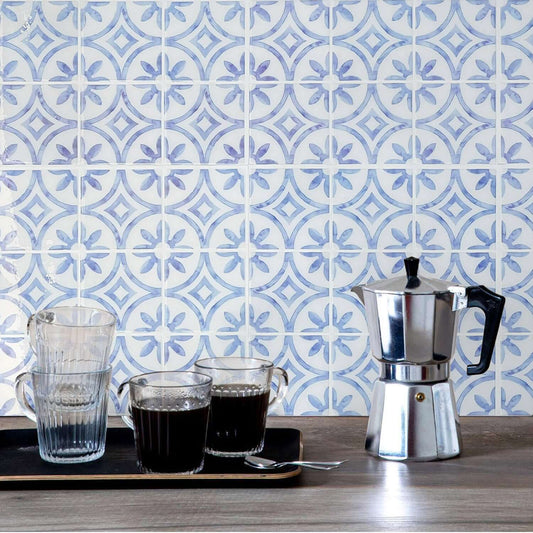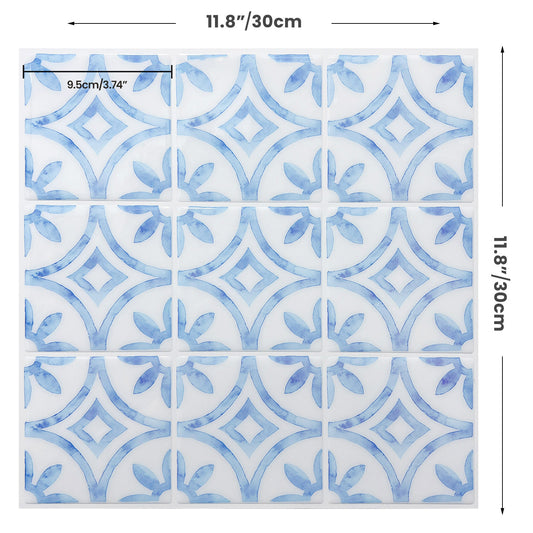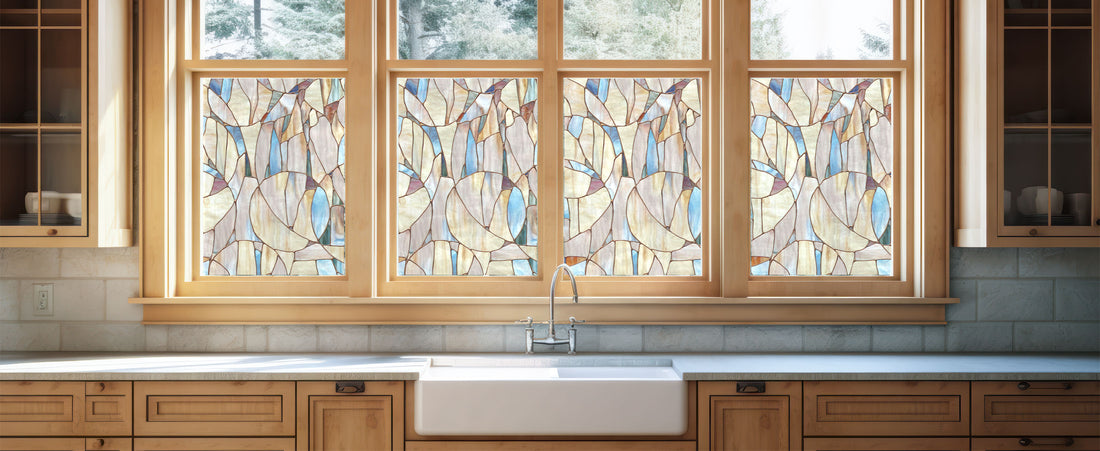
In today's world, energy efficiency is more important than ever, both for saving money and reducing our carbon footprint. One effective solution that has gained popularity in homes and commercial spaces alike is window film. This innovative product plays a significant role in regulating indoor temperatures, reducing the need for air conditioning or heating, and ultimately lowering energy bills. In this article, we will explore how window films contribute to energy efficiency by providing benefits such as heat control, light control, and enhanced home security, all while offering a stylish alternative to curtains.
1. How Does Window Film Regulate Indoor Temperatures?
One of the primary reasons window film is such an effective energy-efficient solution is its ability to regulate indoor temperatures. Windows are a major source of heat gain in the summer and heat loss in the winter. Without proper protection, the sun’s rays can increase the temperature inside a home, causing the air conditioning system to work overtime to maintain comfort. Similarly, during colder months, heat escapes through windows, making it harder to keep your home warm.
By applying energy-efficient window films, homeowners can prevent these temperature fluctuations. These films act as a barrier to solar heat in the summer, reducing the amount of heat that enters through the windows. In winter, they help retain the warmth inside by preventing heat loss. This dual-action helps maintain a comfortable indoor environment year-round without relying heavily on HVAC systems.
2. How Does Window Film Reduce the Need for Air Conditioning or Heating?
The energy-efficient solutions offered by window films help reduce the need for air conditioning in the summer and heating in the winter. This results in less reliance on energy-consuming systems like HVAC units, which can significantly lower your utility bills.
In the summer, privacy window film with reflective or tinted properties can block out harmful UV rays and reduce solar heat gain by up to 80%. This means your air conditioner doesn't have to work as hard to keep your home cool, saving energy and money. In winter, solar window films that feature insulating properties can prevent heat from escaping, keeping your home warmer without turning up the thermostat. The combination of these benefits leads to lower overall energy consumption and a more sustainable home.

3. What Are the Light Control Benefits of Window Film?
Another important aspect of window films is their ability to control the amount of light entering your space. Excessive sunlight can cause glare, making it difficult to watch TV or use a computer. It can also cause furniture, flooring, and curtains to fade over time due to prolonged exposure to UV rays. Light control is crucial for both comfort and longevity of home furnishings.
Privacy window film can effectively reduce glare without blocking out natural light entirely. It allows for a more controlled and comfortable lighting environment indoors. By preventing direct sunlight from coming in through the windows, window film also helps maintain a consistent temperature indoors, which plays a significant role in energy efficiency. With less sunlight entering, there is less need for air conditioning to compensate for excessive heat.
4. How Window Film Contributes to Home Security While Saving Energy
In addition to providing energy-efficient solutions, window films also enhance home security. Some security window films are designed to make windows more shatter-resistant, adding an extra layer of protection against break-ins. This added security can be particularly beneficial for homeowners in high-risk areas.
When it comes to energy efficiency, window films contribute to home security by reducing the need for blinds or heavy curtains. These traditional window treatments can obstruct natural light, forcing homeowners to use more energy to illuminate rooms during the day. With privacy window film, you can enjoy the privacy and security of curtains without sacrificing light or comfort. This makes your home both safer and more energy-efficient.
5. How Does Window Film Lower Energy Bills Over Time?
While the initial investment in window film might seem like a significant expense, the long-term savings are well worth it. By reducing the need for constant heating and cooling, window film can significantly lower your monthly energy bills. Studies have shown that homes with solar window films can save up to 30% on their energy costs.
In commercial settings, the benefits are even more pronounced. Businesses with large glass windows can use window films to keep the interior temperature consistent, reducing the load on air conditioning and heating units. In fact, many businesses have turned to energy-efficient window films as a cost-effective way to improve their building’s overall energy performance and reduce operational costs.
6. What Are the Key Benefits of Energy-Efficient Window Films?
- Energy Savings: By reducing solar heat gain in the summer and heat loss in the winter, window filmshelp maintain a stable indoor temperature, reducing the need for heating and cooling systems and ultimately lowering energy bills.
- Light Control: Privacy window filmshelp control the amount of light entering your space, reducing glare while still allowing natural light to brighten your home.
- Improed Home Security: Some security window filmsoffer an added layer of protection, making it harder for windows to shatter, which enhances home security without compromising energy efficiency.
- Environmental Impact: By reducing the amount of energy consumed in your home, window filmscontribute to a more sustainable, eco-friendly lifestyle by lowering your carbon footprint.
- Affordable Investment: While the upfront cost may be higher, window filmspay for themselves over time through reduced energy consumption and lower utility bills.


